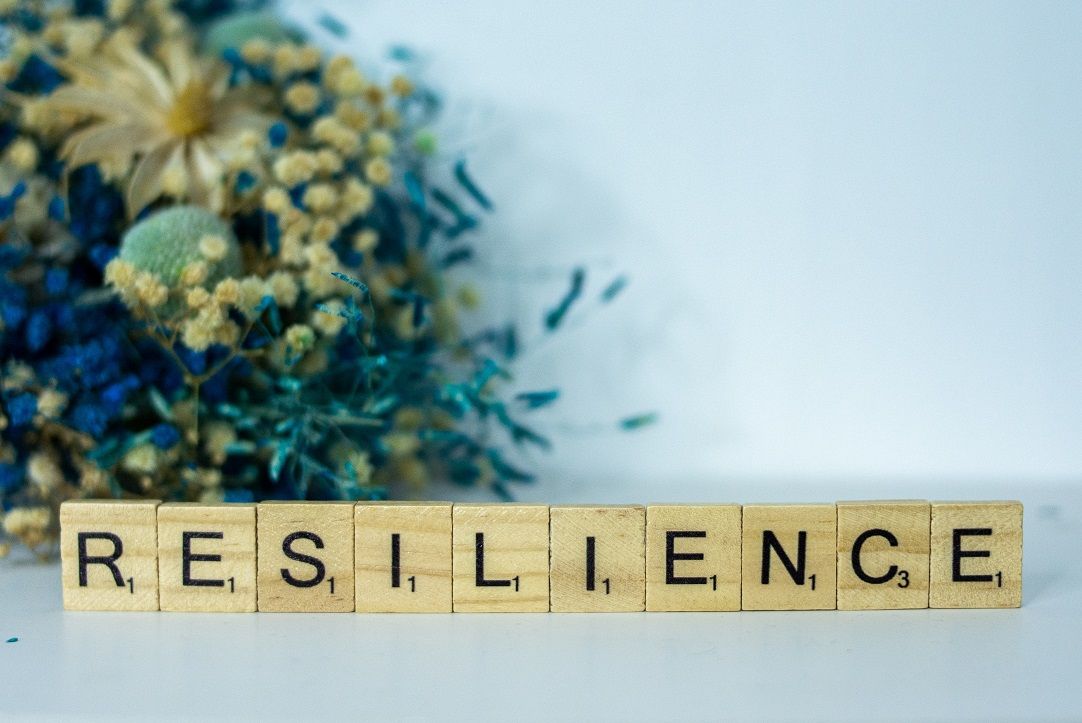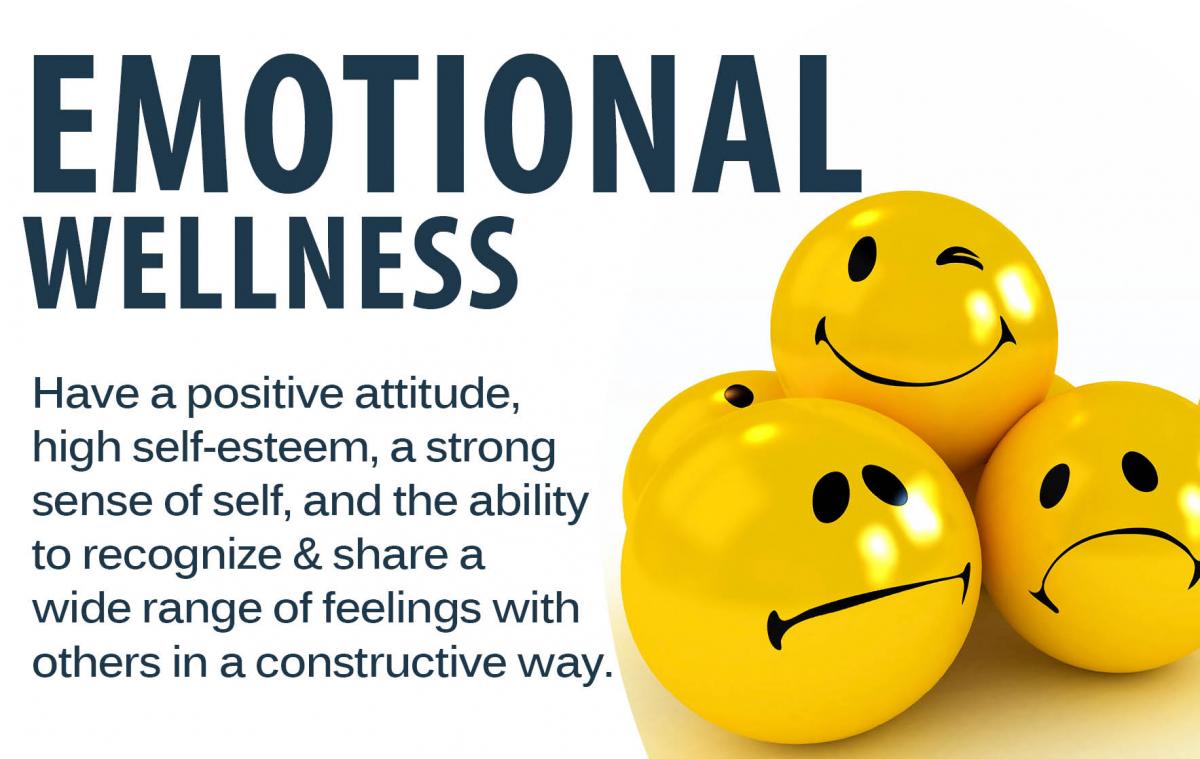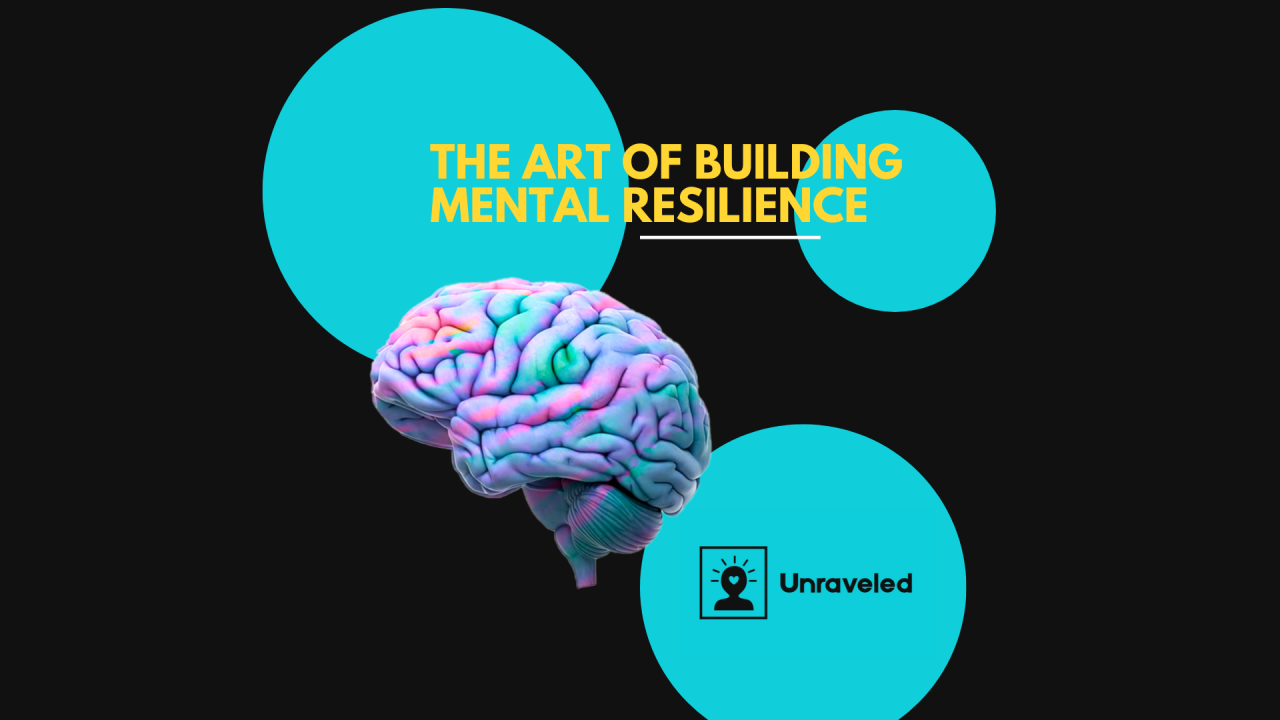
Building Emotional Resilience: Thriving Through Life’s Challenges
Emotional resilience is the ability to adapt and bounce back from life’s challenges, emerging stronger and more empowered. In this exploration, we delve into the significance of building emotional resilience and the practices that foster a resilient mindset.
1. Understanding Emotional Resilience: A Foundation for Well-being
Emotional resilience is not about avoiding difficulties but rather facing them with flexibility and strength. It’s the capacity to navigate adversity, bounce back from setbacks, and maintain mental well-being. Understanding the fundamentals of emotional resilience lays the groundwork for developing a resilient mindset.
2. Embracing Change: The Catalyst for Growth
Change is inevitable, and developing emotional resilience involves embracing it as a catalyst for personal growth. Resilient individuals view change as an opportunity to learn, adapt, and discover new strengths within themselves. By reframing their perspective, they cultivate a mindset that thrives in the face of life’s uncertainties.
3. Cultivating a Positive Mindset: Harnessing the Power of Positivity
A positive mindset is a key component of emotional resilience. Cultivating optimism and focusing on solutions rather than problems allows individuals to approach challenges with a hopeful outlook. Positivity becomes a guiding force in navigating difficulties and maintaining emotional well-being.
4. Learning from Setbacks: Turning Adversity into Opportunity
Setbacks are an inevitable part of life, but resilient individuals view them as opportunities for learning and growth. Instead of dwelling on failures, they extract valuable lessons, building resilience by transforming adversity into stepping stones toward personal development.
5. Developing Coping Mechanisms: Strategies for Emotional Well-being
Building emotional resilience involves developing effective coping mechanisms. Whether through mindfulness, meditation, or seeking support from others, having strategies to cope with stress and adversity is essential. Resilient individuals actively engage in activities that promote mental and emotional well-being.
6. Building Strong Social Connections: The Resilience of Community
Social support is a powerful factor in building emotional resilience. Strong connections with friends, family, or a supportive community provide a safety net during challenging times. Resilient individuals understand the importance of fostering meaningful relationships and lean on their support system when needed.
7. Acceptance and Adaptability: Keys to Resilient Responses
Acceptance of the things beyond one’s control and adaptability to changing circumstances are critical aspects of emotional resilience. Resilient individuals recognize the value of adjusting their responses to align with the situation, fostering a sense of control and empowerment even in challenging times.
8. Self-Compassion: Nurturing Resilience from Within
Being kind to oneself is a fundamental aspect of emotional resilience. Resilient individuals practice self-compassion, acknowledging their own struggles without self-judgment. This self-nurturing approach contributes to mental strength and helps navigate difficulties with a greater sense of self-worth.
9. Seeking Professional Support: Strengthening Resilience
In some instances, seeking professional support can be a proactive step in building emotional resilience. Therapists and counselors offer guidance and tools to navigate challenges, providing valuable insights that contribute to the development of a resilient mindset.
10. The Journey of Resilience: A Lifelong Endeavor
Building emotional resilience is not a destination but a continuous journey. It involves ongoing self-reflection, learning, and adapting to life’s ever-changing circumstances. Embracing the journey of resilience allows individuals to thrive, finding strength in their ability to bounce back from adversity.
For additional insights on building emotional resilience and fostering a resilient mindset, explore the resources available at Emotional Resilience. This platform offers valuable information and guidance to support your journey toward emotional well-being. Building emotional resilience is an empowering endeavor, enabling individuals to thrive through life’s challenges with strength and adaptability.






